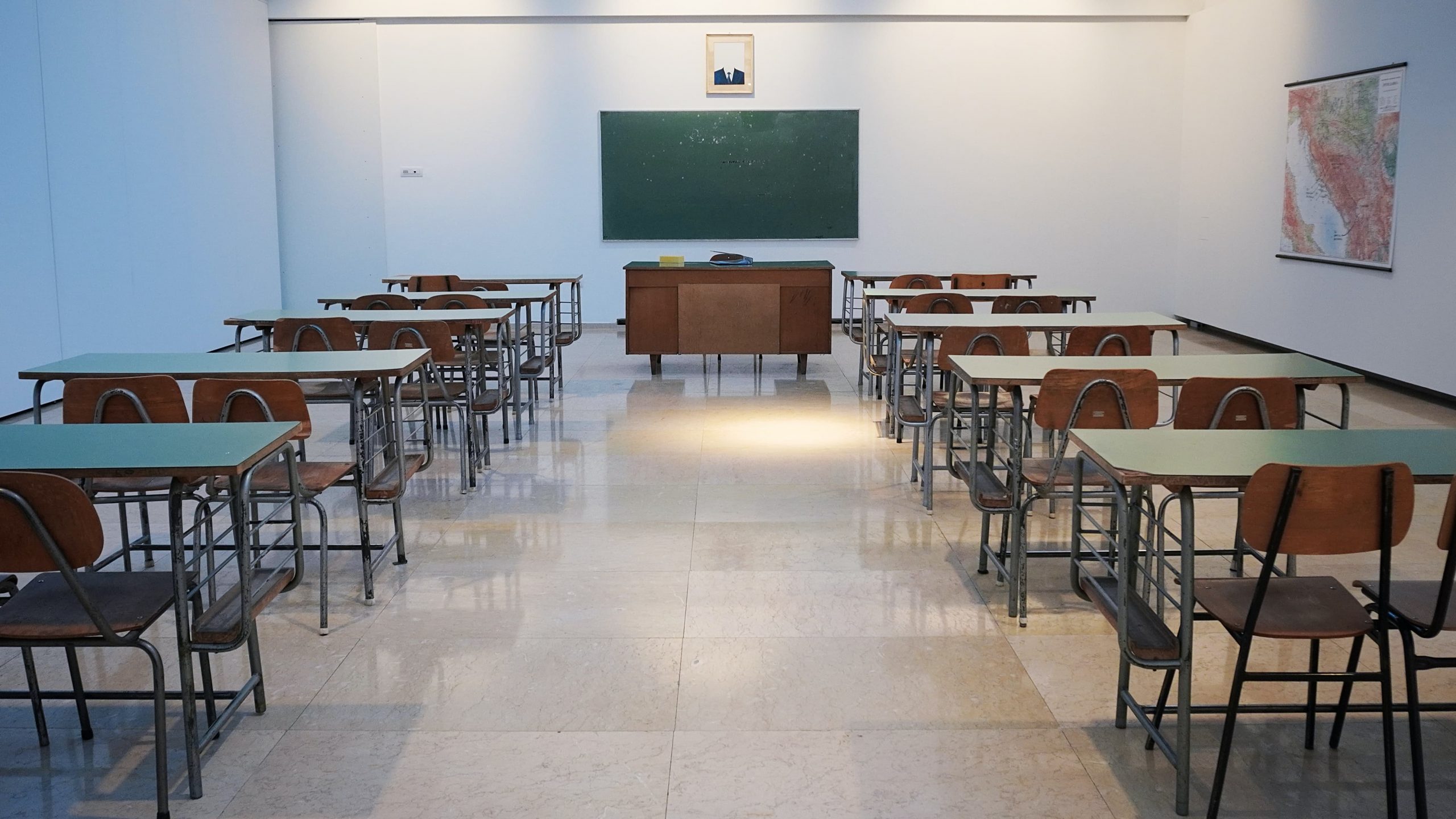have a wide range of therapies to assist different types of mental disorders and substance abuse. These treatments are designed to address the complex needs of troubled teenagers.
One of the reasons residential treatments are so effective is because they use evidence-based therapies. These types of treatments have been rigorously tested and have been proven to work for a range of mental health disorders as well as drug abuse.
At a residential treatment facility, you can expect to find the following common therapeutic approaches that are safe and effective.
Cognitive-Behavioral Therapy (CBT)
Cognitive-behavioral therapy is a form of psychotherapy that helps patients with negative thought patterns. It’s based on the idea that your thoughts, behaviors, and feelings can impact your quality of life. This type of therapy focuses on the present issues rather than digging up the past.
Issues It Targets
Teenagers who suffer from psychological problems like phobias, anxiety, obsessive-compulsive disorder, or post-traumatic stress should be treated with CBT. It’s also useful for teens who have depression, low self-esteem, and eating disorders.
The goal of CBT is to teach teenagers that it’s possible to have complete control over their feelings, behaviors, and thoughts. It helps children challenge and overcome automatic beliefs by providing practical solutions to change certain behaviors.
Benefits:
- Prevents relapse of mental disorder symptoms
- Identifies ways to manage negative emotions
- Resolves conflicts within relationships and family dynamics
- Helps patients overcome emotional trauma
- Learning techniques to help manage stress
- Can be used in individual or group therapy
Dialectical Behavior Therapy (DBT)
Teenagers who struggle to express their emotions can benefit from going for Dialectical behavior therapy. DBT is a form of psychotherapy that’s also evidence-based. It’s a type of talk therapy that was developed to treat personality disorders so patients can learn to accept and understand their conditions and feelings.
Issues It Targets
DBT was originally developed to treat patients who had borderline personality disorder. However, research shows that it can also be effective in treating suicidal ideation, drug and alcohol abuse, depression, and self-harm.
The therapy is for teenagers who experience intense emotions. Similar to CBT, it can help teenagers understand how their thoughts can affect their emotions and behavior. Additionally, DBT focuses on mindfulness distress tolerance. Teenagers will learn important skills to help manage their intense emotions in a supportive environment.
Benefits
- Reduces symptoms of anxiety and stress
- Increases a teenager’s self-worth and respect
- Improves a patient’s quality of life
- Incorporates meditation practices for those seeking spiritual fulfillment
- Enhances a patient’s decision-making skills
- Teaches teens about conflict management
Family Therapy
Family therapy is one of the most important types of treatment offered at a residential treatment facility. It’s a form of group and talk therapy that focuses on building stronger relationships with loved ones. Parents and teenagers can talk to each other in a controlled environment about their fears, frustrations, and concerns.
A professional mental health therapist will be present during family sessions to moderate conversations and ensure everyone remains respectful and calm.
Issues It Targets
Teenagers who have extreme behavioral problems or substance use disorders need the help and support from their family. Studies show that patients continued to improve after completing family therapy. After a 5 year follow up 75% of patients had a good outcome.
Family therapy is for teenagers who find it difficult to express their feelings to their parents or siblings. It’s also ideal for parents who have violent teenagers.
Benefits
- Improves communication between you and your teenager
- Addresses potential mental health issues in parents and teens
- Builds trust and strengthens bonds between child and parent
- Resolves conflicts
- Helps parents develop clear boundaries
- Healing emotional wounds
Contingency Management Therapy
Contingency management therapy is another type of behavioral therapy that uses positive reinforcement methods to reward patients who progress. It uses three-term contingency and stimulus control to change a patient’s behavior.
The therapy is based on the principle that positive reinforcement can increase the frequency of certain positive behaviors such as sobriety or controlling anger. Patients may be rewarded with awards or vouchers.
Issues It Targets
Those who struggle with eating disorders, substance abuse, or aggression can do well when going for contingency management therapy. Teenagers can either go for group or individual therapy sessions but the main purpose is to teach patients that they can be rewarded if they make the correct decisions in life.
Benefits
- Increases retention rates for teenagers who abuse substances
- Teenagers are more likely to stay sober with this type of treatment
- Ideal for people of all ages
- It can be a stand-alone treatment or combined with other therapies such as CBT
Final Thoughts – What Type of Therapy Does Your Teen Need?
Are you struggling to figure out what type of therapy will be best for your troubled teen? Contact HelpYourTeenNow so we can prepare a consultation and find the best therapies for your child’s specific needs.
Whether your teenager has an eating disorder, depression, or abuses substances, HelpYourTeenNow has a wide variety of residential programs that will help your child on the way to a full recovery.
Our residential treatment center provides family therapy, CBT, and DBT as well as holistic approaches to assist those who need a strong support system. We are passionate about helping troubled adolescents so we look forward to providing the right treatment for your teen to become the best version of themselves.











0 Comments